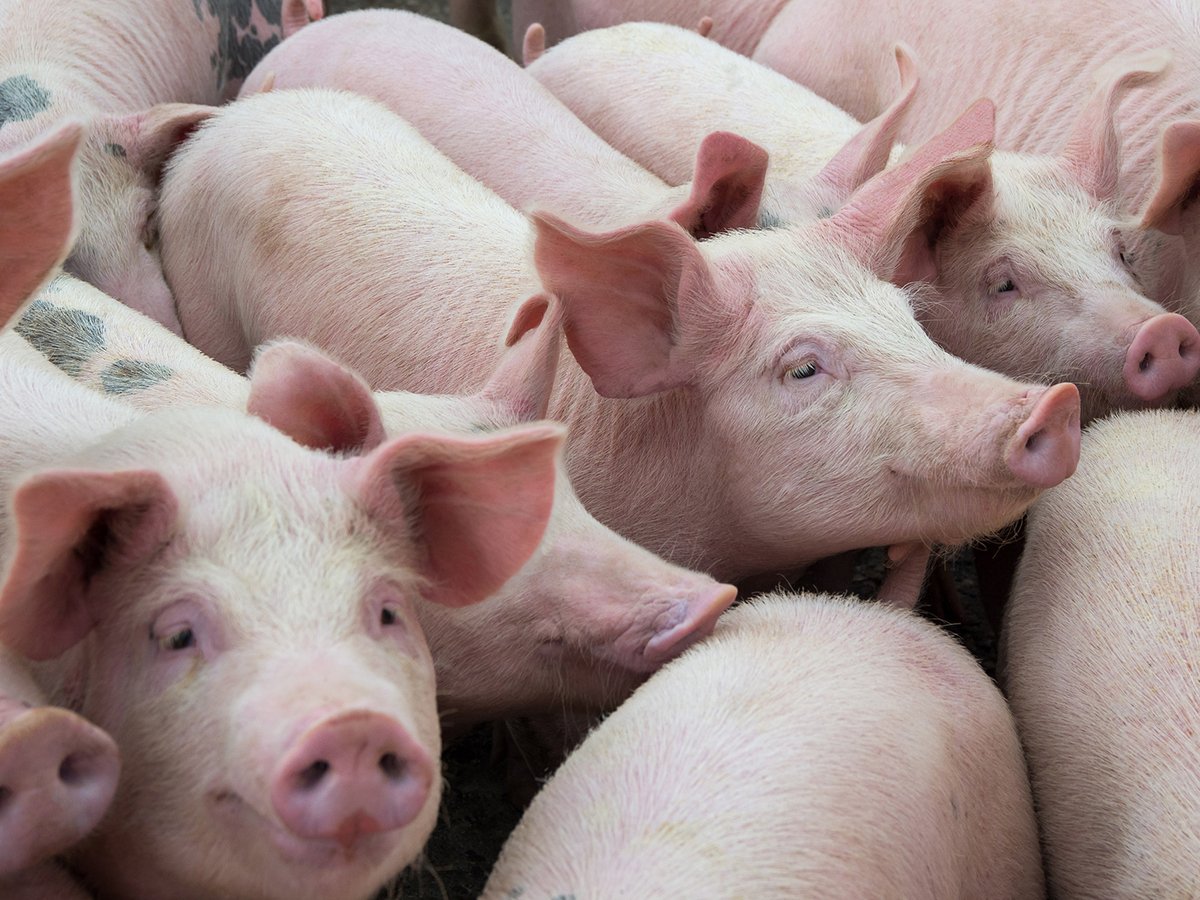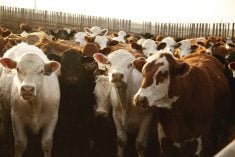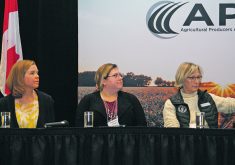WINNIPEG — Convincing a veterinary student to take a job as a livestock vet in rural Canada has been difficult for decades.
It’s partly explained by a reluctance to live in a small town and the heavy workload of a large animal clinic.
But there’s another reason.
Read Also

Quebec pork company calls for transparency around gene-edited pigs
Quebec-based pork company duBreton is calling for transparency around meats from gene-edited pigs on concerns that a lack of mandatory labelling will confuse consumers, and dilute certification claims. The organic sector is also calling for labelling rules.
A high percentage of veterinary students have no personal experience with cattle, sheep and pigs.
To partially resolve this problem, the federal and Saskatchewan governments are providing additional funding for an existing program at the University of Saskatchewan’s Western College of Veterinary Medicine.
On Jan. 29, the province of Saskatchewan and the federal government announced $7.2 million in funding for 30 livestock and forage research projects through the Agricultural Development Fund. One of the projects is $350,000 for what is called “experiential discovery and learning through research in food animal veterinary medicine.”
The money will support hands-on learning and research, where students will work with food animals at places like the Livestock Forage Centre of Excellence, Prairie Swine Centre and the Rayner Dairy Facility in Saskatchewan.
“The WCVM has a successful Interprovincial Summer Student Research Program, where (veterinary) students are paid to work on research projects from May to August,” said Tera Ebach, research analyst at the WCVM.
“Many students entering the (veterinary) program have not been exposed to food animals or only had limited interactions with (livestock). This program allows students the opportunity to work directly with food animals over a significant period of time.”
The idea is to persuade students to pursue DVM degrees specifically in the field of food animal medicine or careers in the livestock industry.
“Any undergraduate student with a research project directly related to food animals and a WCVM supervisor is eligible to access this funding,” Ebach said.
Offering a student a summer job, where they study cattle, swine and other livestock, has been a success. It is encouraging more veterinary students from WCVM to pursue careers related to livestock.
“In tracking student outcomes from this program, we have found that at least 78 per cent of participants go on to work with food animals,” Ebach said.
The funding for “experiential discovery” with food animals is one of 21 Agricultural Development Fund livestock and forage research projects at the U of S.
Other projects include:
- $306,500 for studying the safety and efficacy of miticides, to control varroa mites in honeybee colonies over the winter.
- $256,000 for improving hen health, welfare and productivity through novel yeast prebiotics.
- $478,155 to develop a timothy grass forage crop in Western Canada, which will be more tolerant of drought.
Contact robert.arnason@producer.com


















